The 1946 Employment Act named "purchasing power" as one of the things government was meant to promote. Thus prompted, Americans of the late 1940s got down to the business of buying things. In the first five years of peace, consumer spending increased by 60 percent. People bought cars and boats and clothing. They bought furniture and appliances. They bought Tupperware. Most of all, they bought houses. Housing starts went from 142,000 in 1944 to 2 million in 1950.
The Ad Council cheered them on, casting consumption as what distinguished happy capitalists
from those poor benighted souls living under the communist boot.
American in the 1950s: The Decade that Changed Everything:
The Atomic Age; Prosperity for All; Interstates; Suburbia; Television; Rock N Roll; The Age of Advertising;
The Happy Homemaker and the Origin of Sexism; The Origin of the Perceived American family unit - two happy white kids ...
Visual themes:
Leisure Time:
Atomic Energy is Fun, Safe
The Happy Homemaker
You will buy a TV; You will buy a TV
You will especially buy a New Car!!
WTF
And even Future Presidents:
1950s conversion to Suburbia and Conformity:
And Networks of Freeways:
As a result of suburbia + interstates the US built the most energy intensive transportation economy
that could be built. But since the price of gas was so low, and America produced 50% of world oil
during the 1950's, any problems with this approach in the longer term were wholly ignored.
|
The question that I will ask you to consider today is this: When the war is over, are we likely, and do we want to keep this attitude to work and the results of work? Or are we preparing and do we want to back to our old habits of thought? Because I believe that on our answer to this question the whole economic future of society will depend. Sooner or later the moment will come when we have to make a decision about this. At the moment, we are not making it - it is being made for us (by the machine). (Dorothy Sayers 1942 College Lecture) ( i.e. do we intentionally turn the war production machine off and go back to our former means of production )
Only if we have large demands can we expect large production. Therefore, it is important that in planning for the postwar period, we give adequate consideration to the need for ever-increasing consumption on the part of our people as one of the prime requisites for prosperity. (Robert Nathan 1944 - an economist).
Our enormously productive economy demands that we make consumption our way of life, that we convert the buying and use of goods into rituals , that we seek our
spiritual satisfactions, our ego
satisfactions, in consumption.
The measure of social status , of social acceptance, of prestige , is now to be found in our consumptive patterns. The very meaning and significance of our lives is today expressed in consumptive terms (Victor Lebow 1955 - The Journal of Retailing)

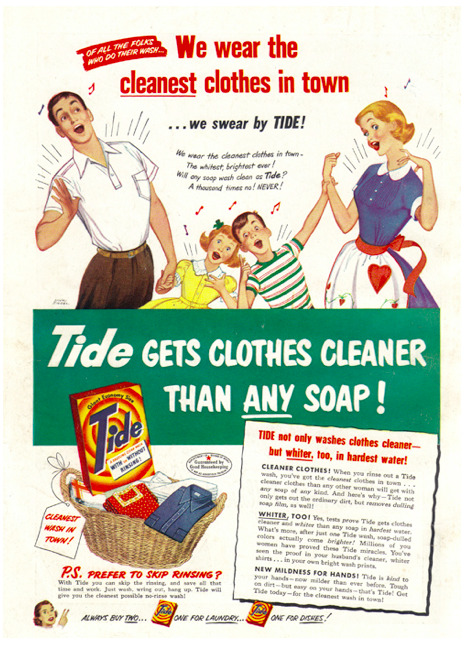
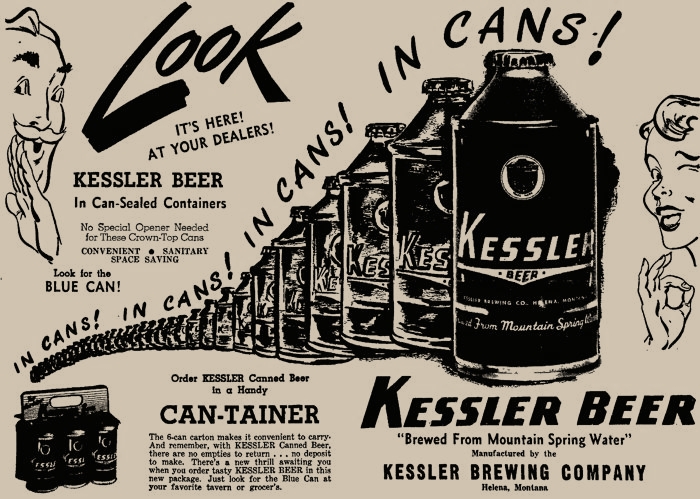

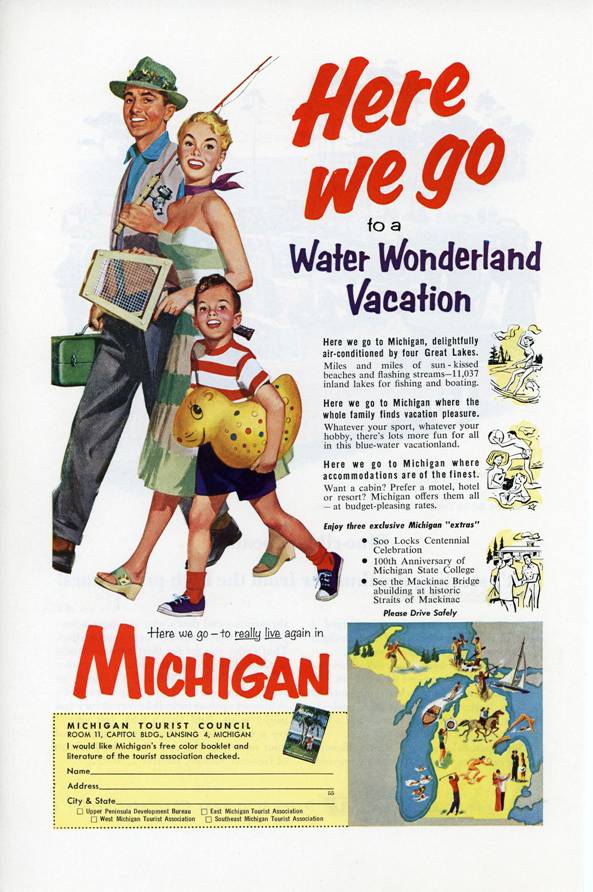

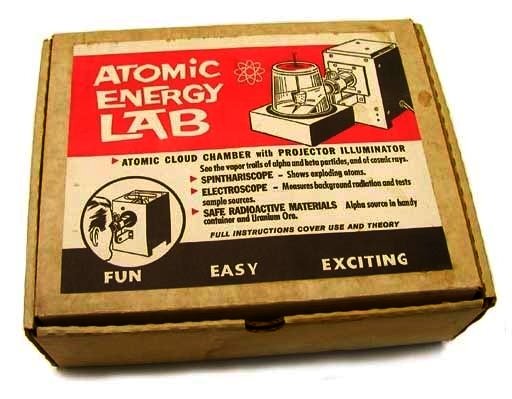
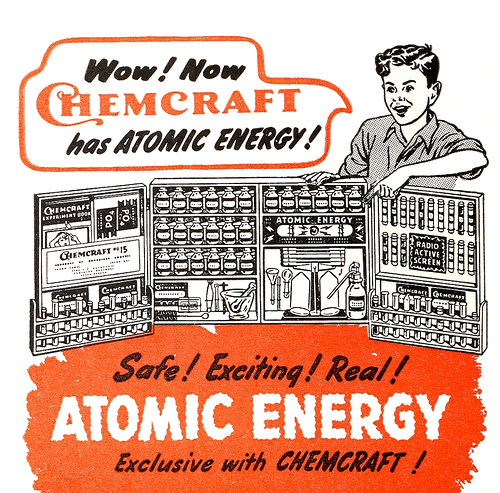

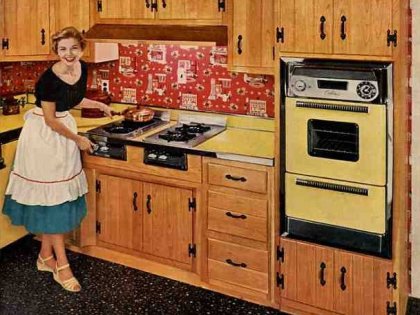
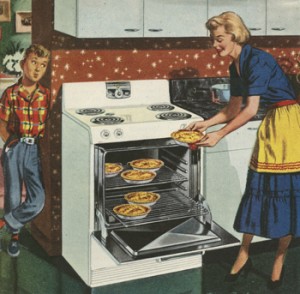




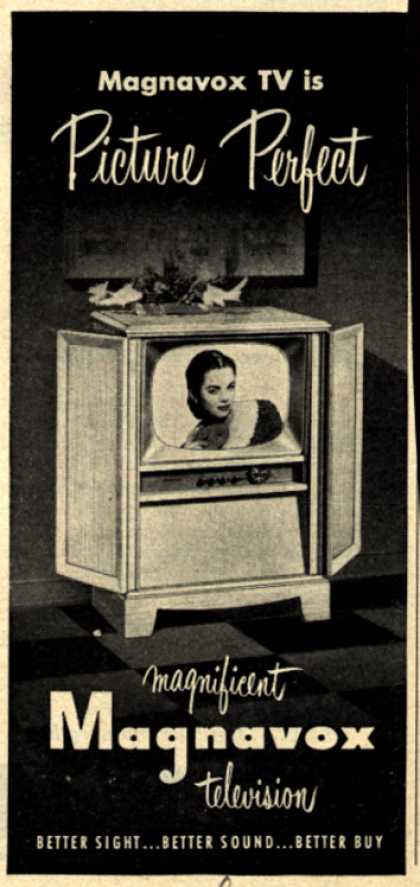
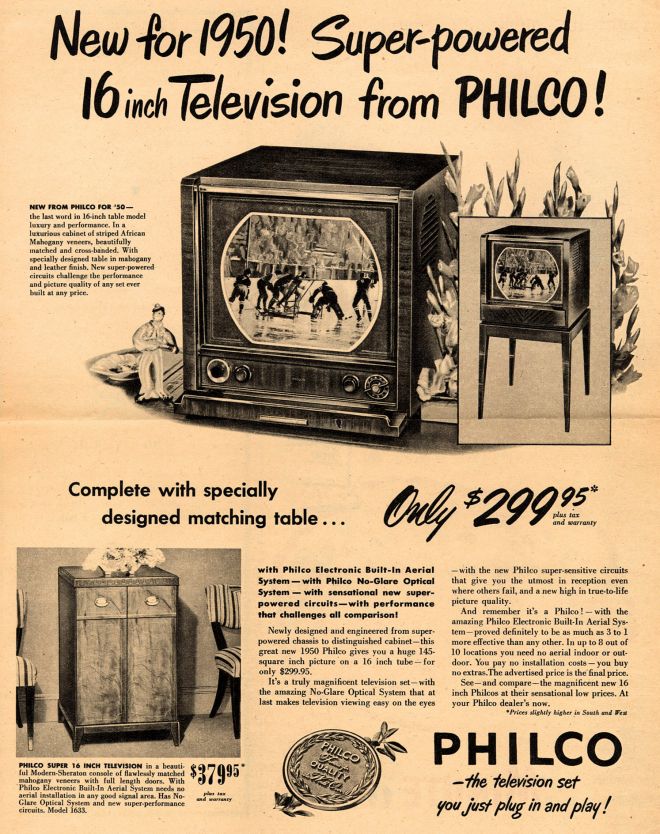
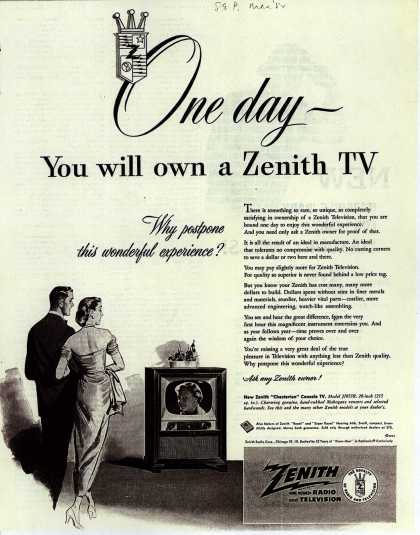
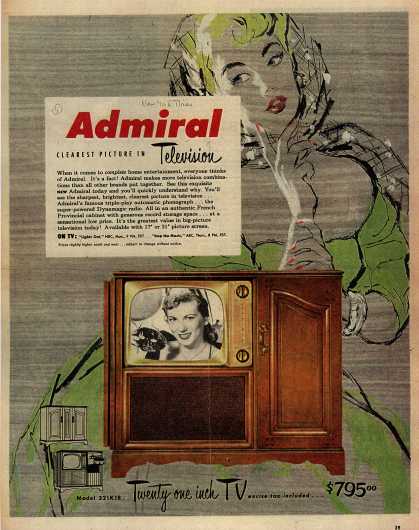



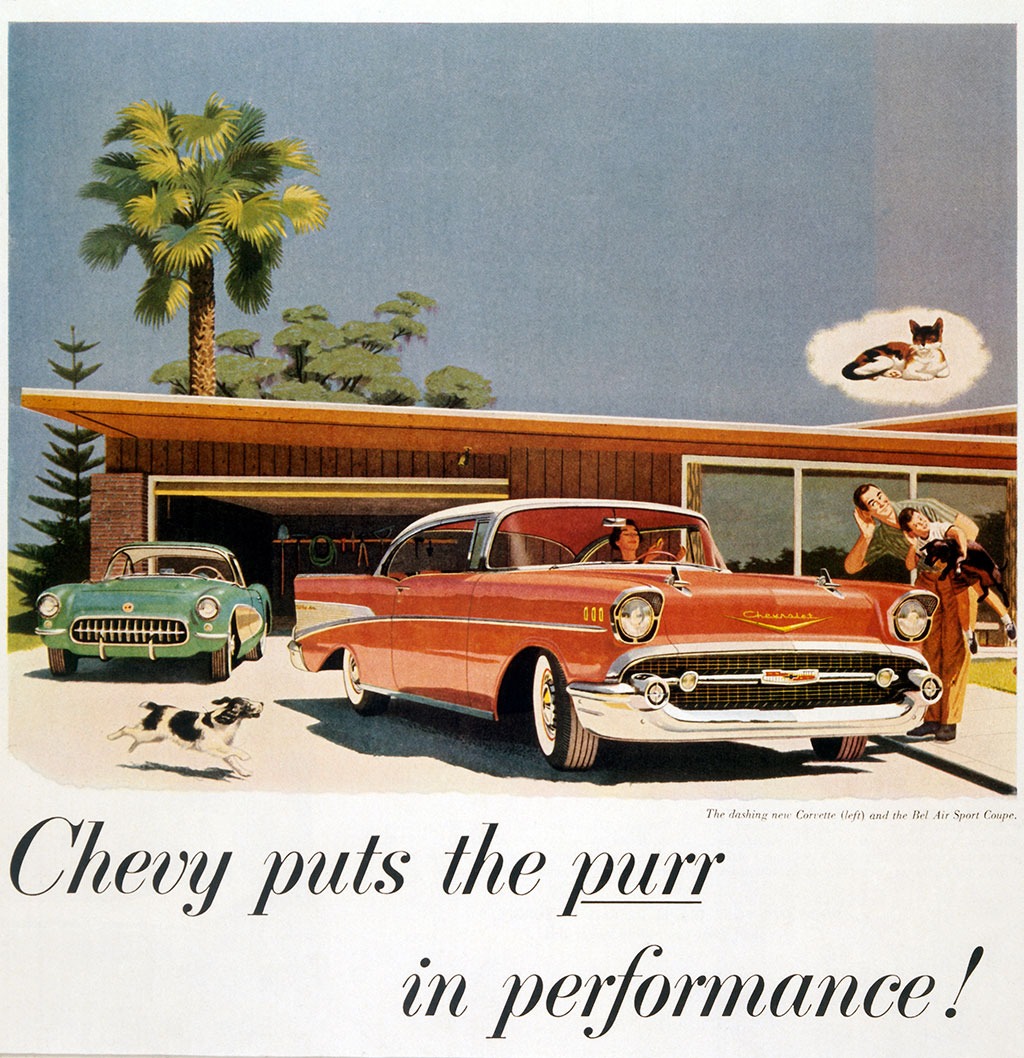






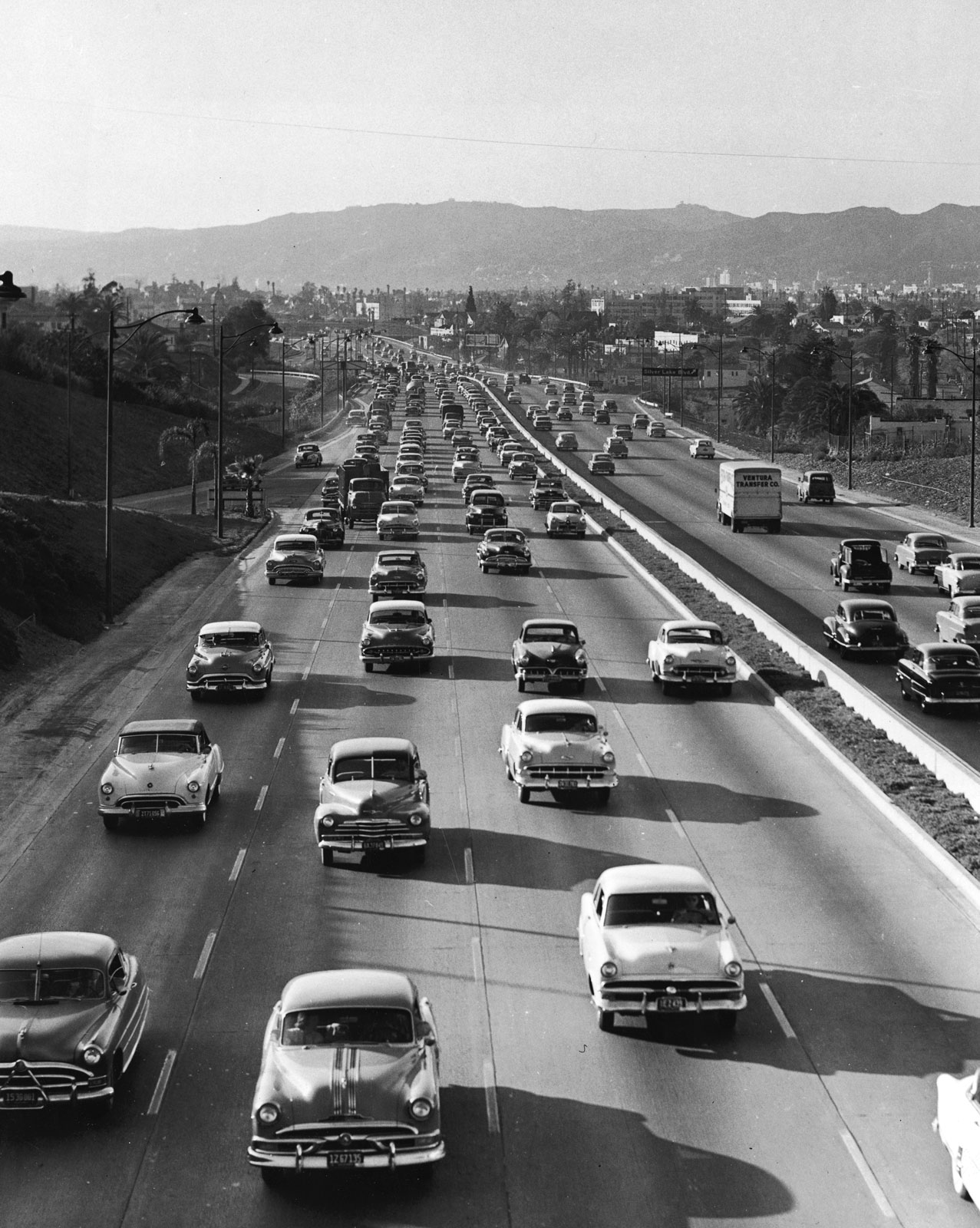
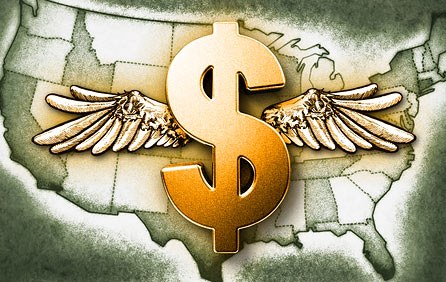 And so set the stage for every increasing production and
consumption. American prosperity required dominating the world in trade and products and for
a long time we did and in the short term, it certainly did pay off. Life the 1950s and 1960s was a
lot better than life in the 1920's and 1930's - personal prosperity and personal productivity were
very high and the free market society was borne without boundaries. But what will
life be like in 2040 compared to 2010?
And so set the stage for every increasing production and
consumption. American prosperity required dominating the world in trade and products and for
a long time we did and in the short term, it certainly did pay off. Life the 1950s and 1960s was a
lot better than life in the 1920's and 1930's - personal prosperity and personal productivity were
very high and the free market society was borne without boundaries. But what will
life be like in 2040 compared to 2010?